Guy Laramée, a multifaceted artist hailing from Montreal, Canada, breathes life into the forgotten pages of old dictionaries and encyclopedias by transforming them into breathtaking natural landscapes. With precision and vision akin to nature itself, Laramée sculpts intricate vistas featuring deep valleys, expansive mountain ranges, and hidden caverns. Yet his work doesn’t merely mimic nature; it weaves in elements of human civilization, such as temples carved into the rock and rustic dwellings perched on hillsides. Through these creations, Laramée crafts a poignant narrative on the erosion and evolution of cultures, encapsulating the dynamic interplay between human innovation and natural beauty.
The artist’s sculptures are not only visually stunning but also intellectually stimulating, challenging contemporary assumptions about the value of physical books in an increasingly digital world. Laramée questions the belief that technology is inherently a solution to existential dilemmas and invites us to ponder whether the vanishing of traditional cultures is merely a consequence of progress, or a deeper, more introspective journey. By bridging analytical thought and intuitive knowledge, his art becomes a philosophical discourse on the transient nature of cultural landscapes and human consciousness. These carved books beckon us to consider our place in the continuum of time and the footprints we leave in the landscape of knowledge.
The erosion of cultures – and of “culture” as a whole – is the theme that runs through the last 25 years of my artistic practice. Cultures emerge, become obsolete, and are replaced by new ones. With the vanishing of cultures, some people are displaced and destroyed. We are currently told that the paper book is bound to die. The library, as a place, is finished. One might ask so what? Do we really believe that “new technologies” will change anything concerning our existential dilemma, our human condition? And even if we could change the content of all the books on earth, would this change anything in relation to the domination of analytical knowledge over intuitive knowledge? What is it in ourselves that insists on grabbing, on casting the flow of experience into concepts?
Guy Laramée
More info: Website, Instagram.
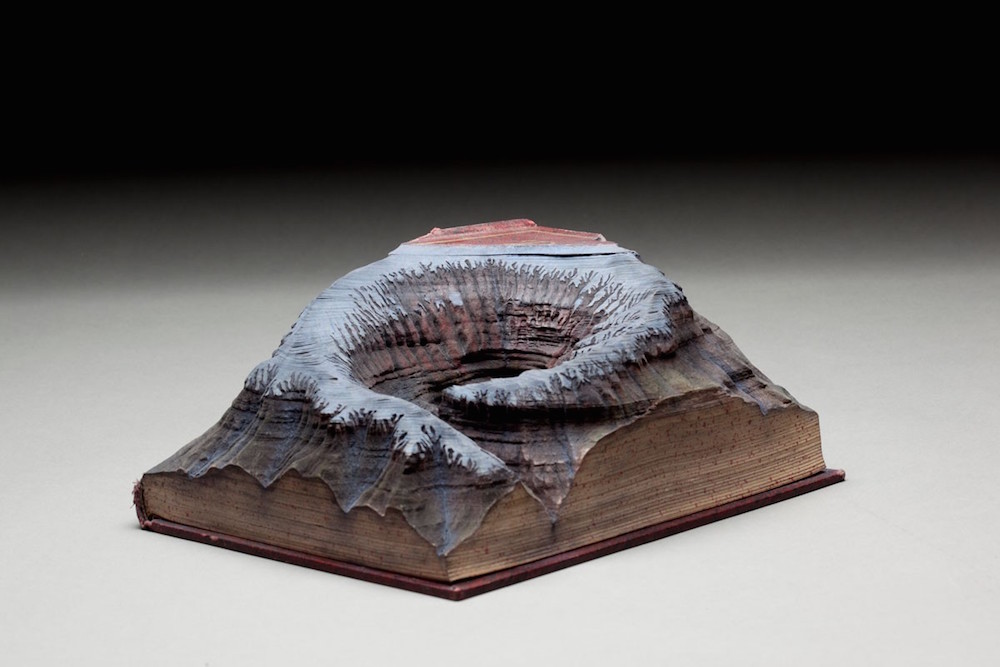

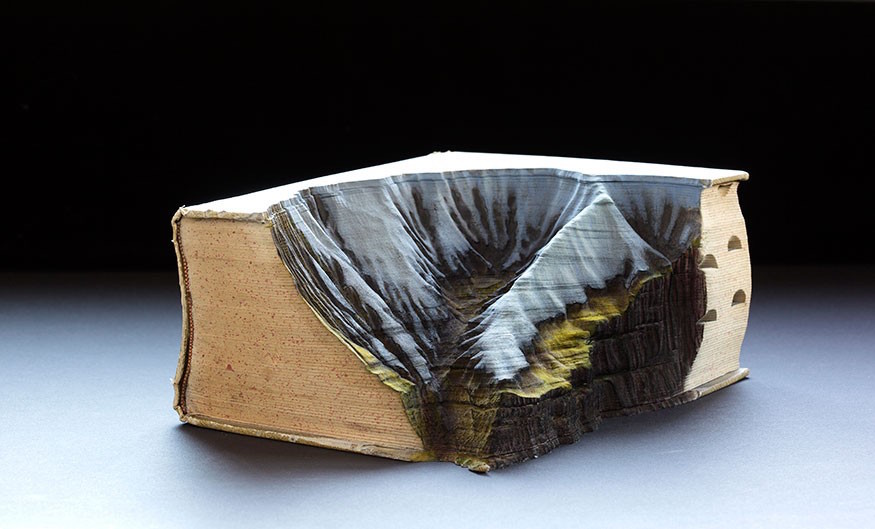
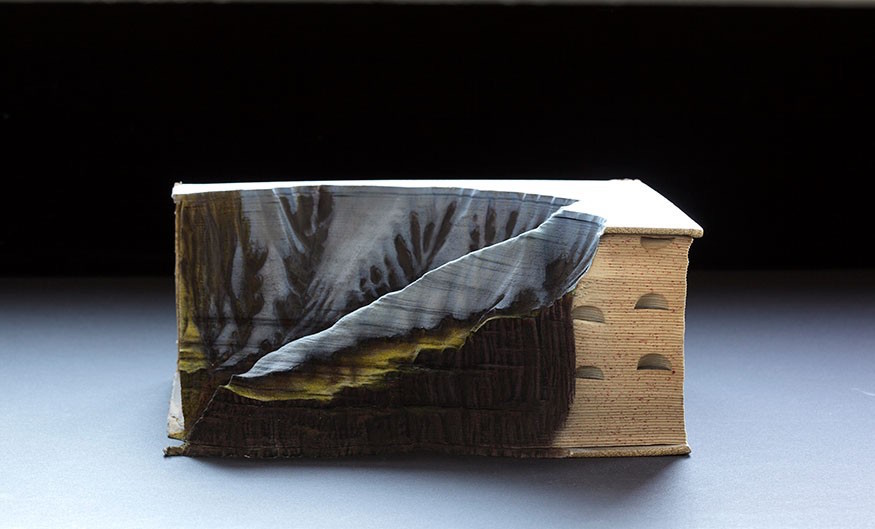
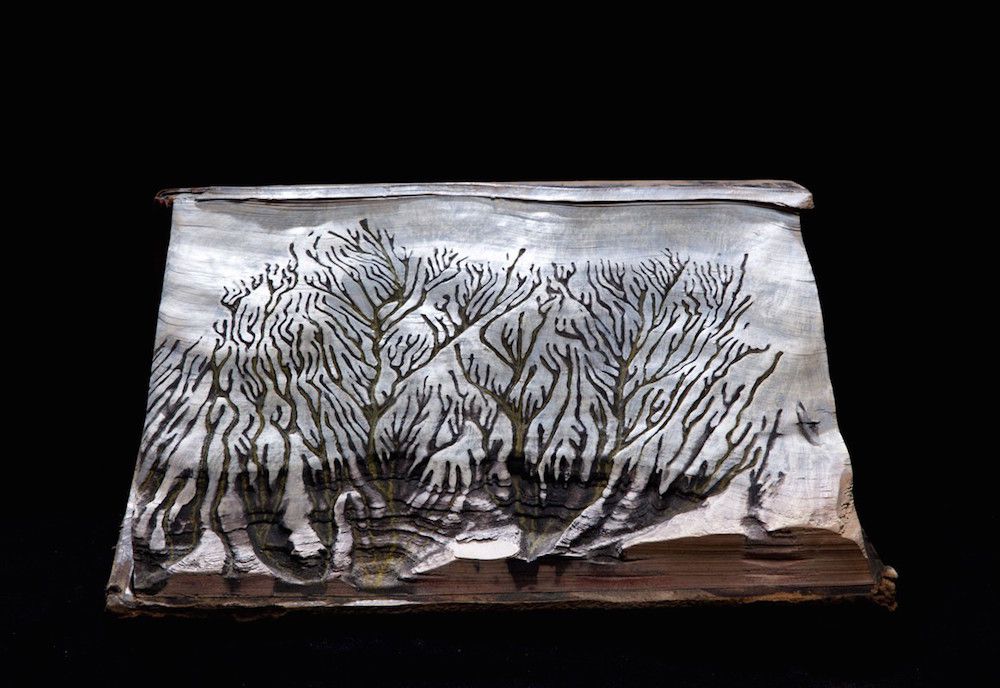
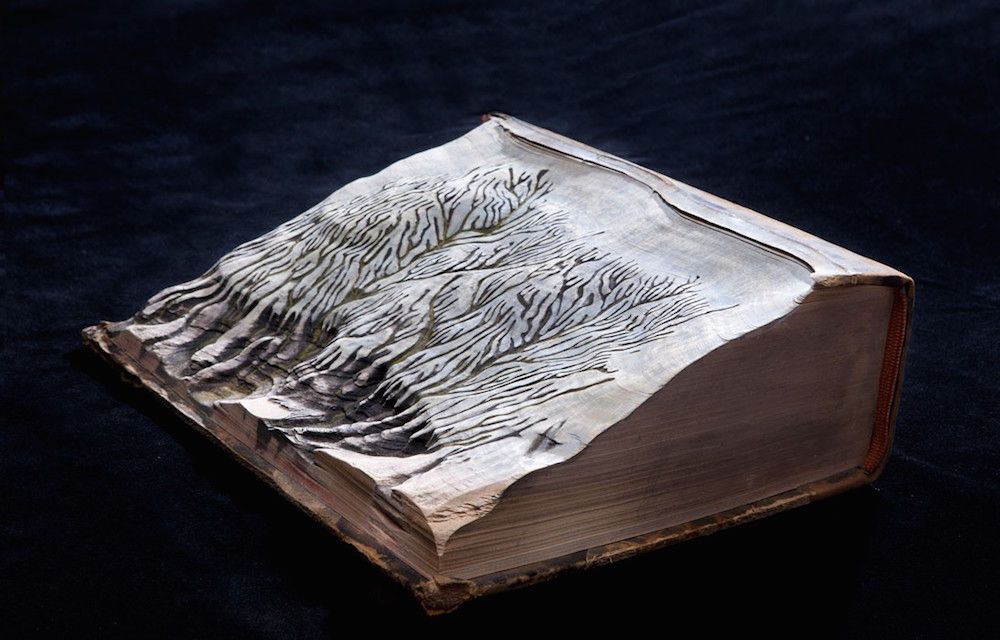
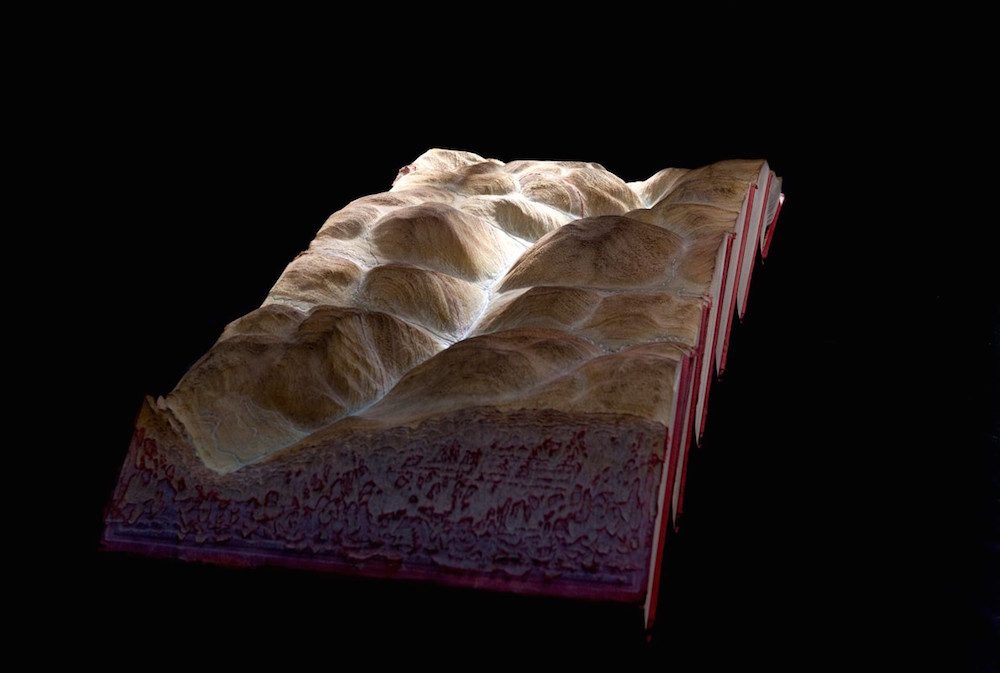
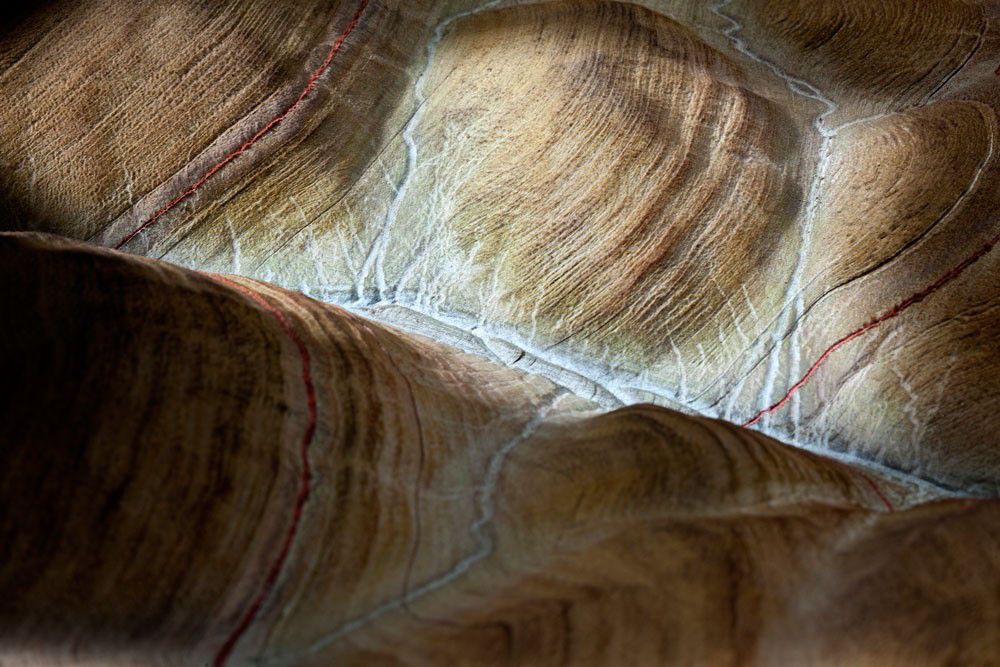
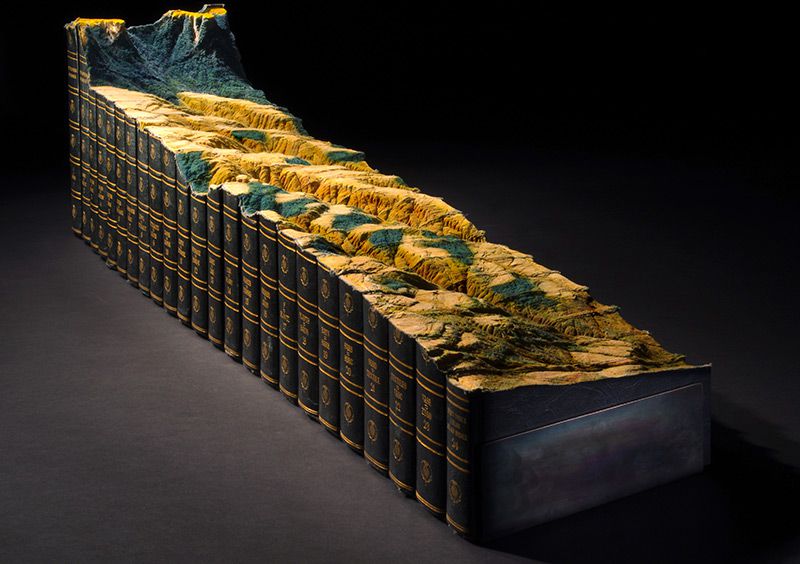
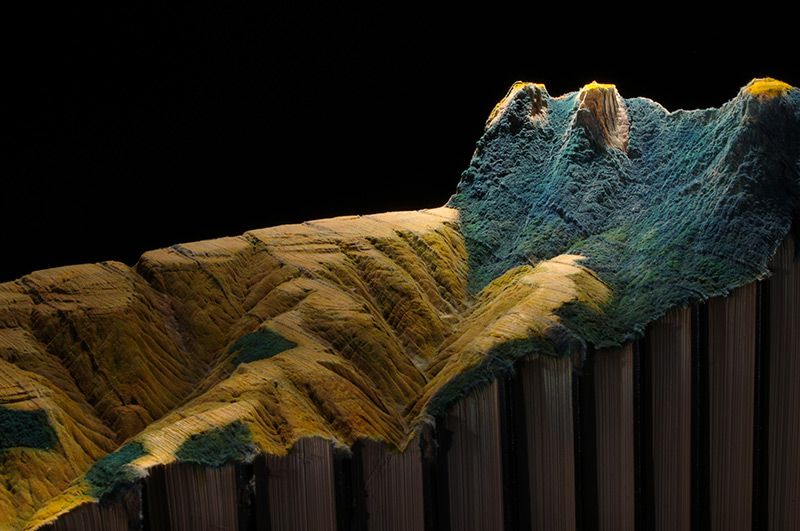
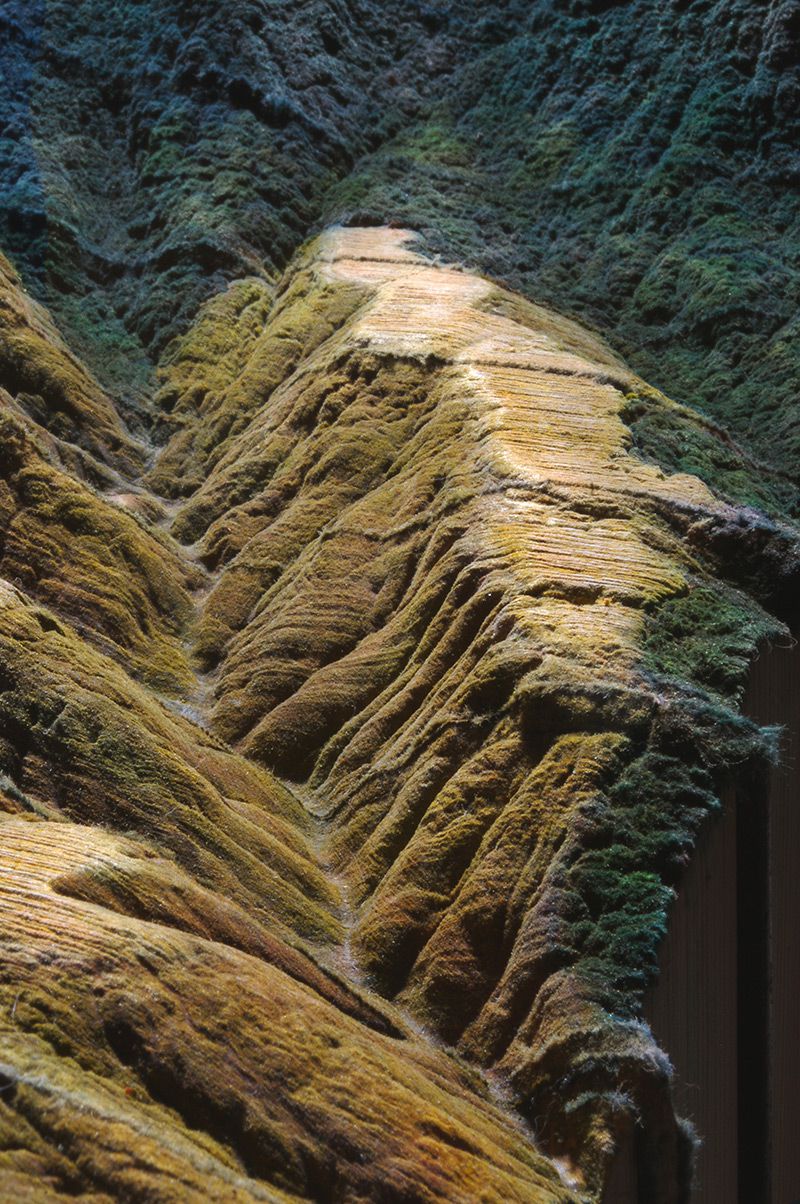
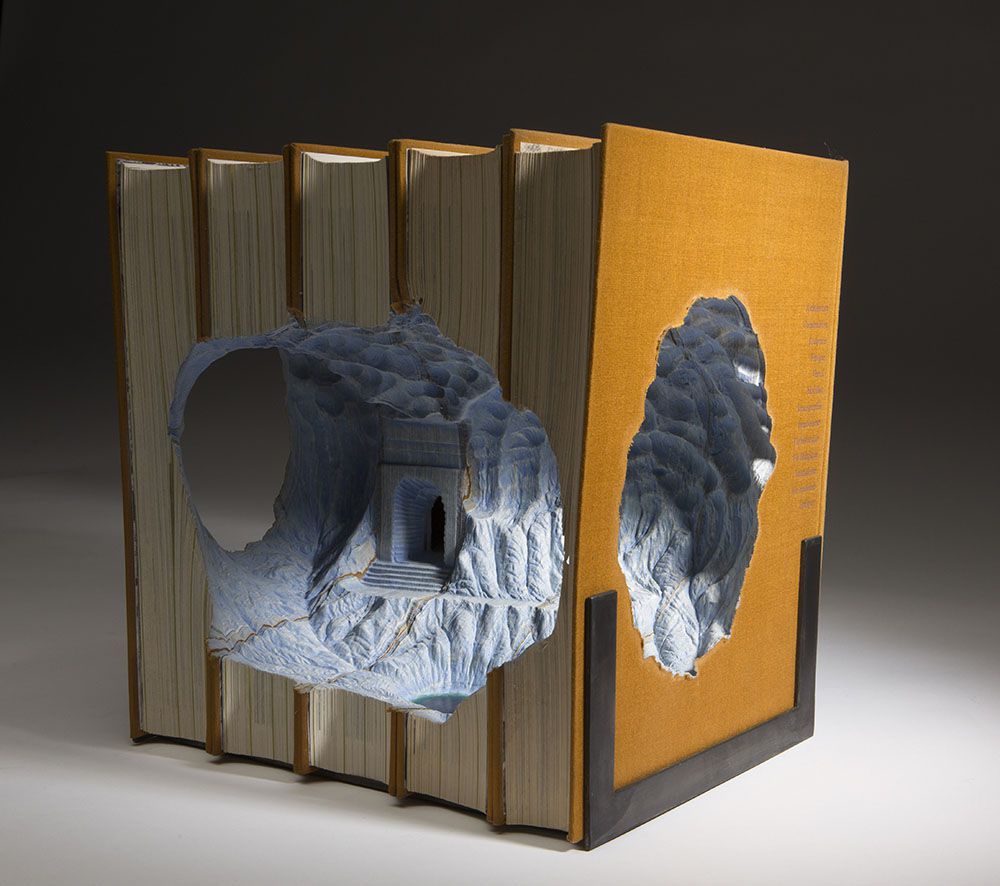
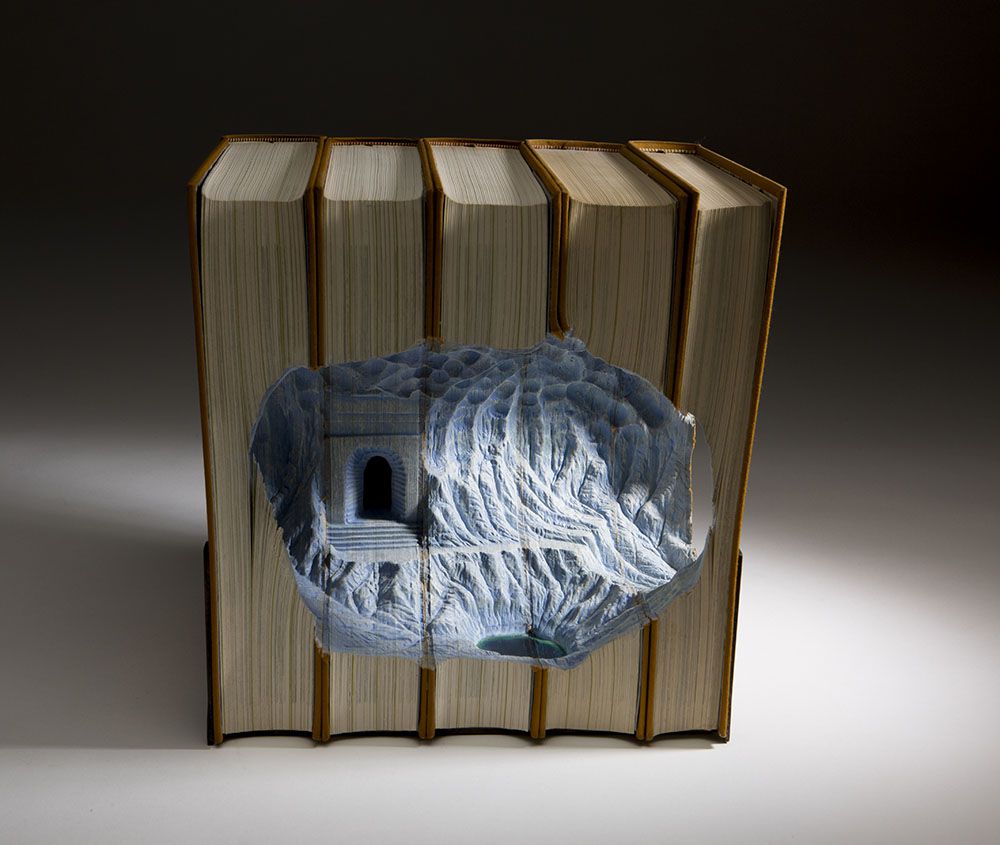
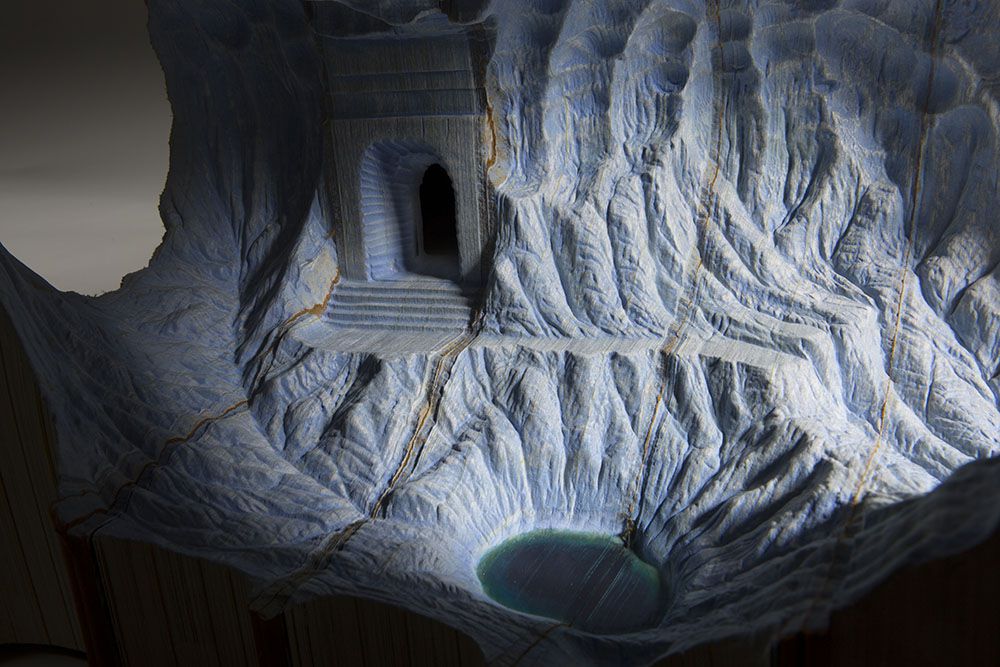
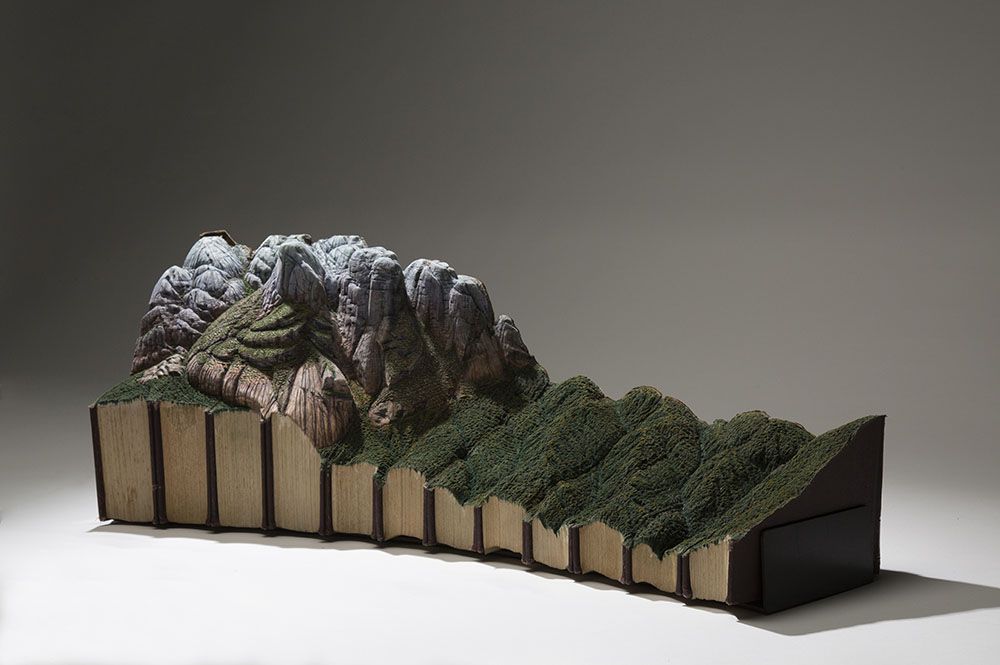

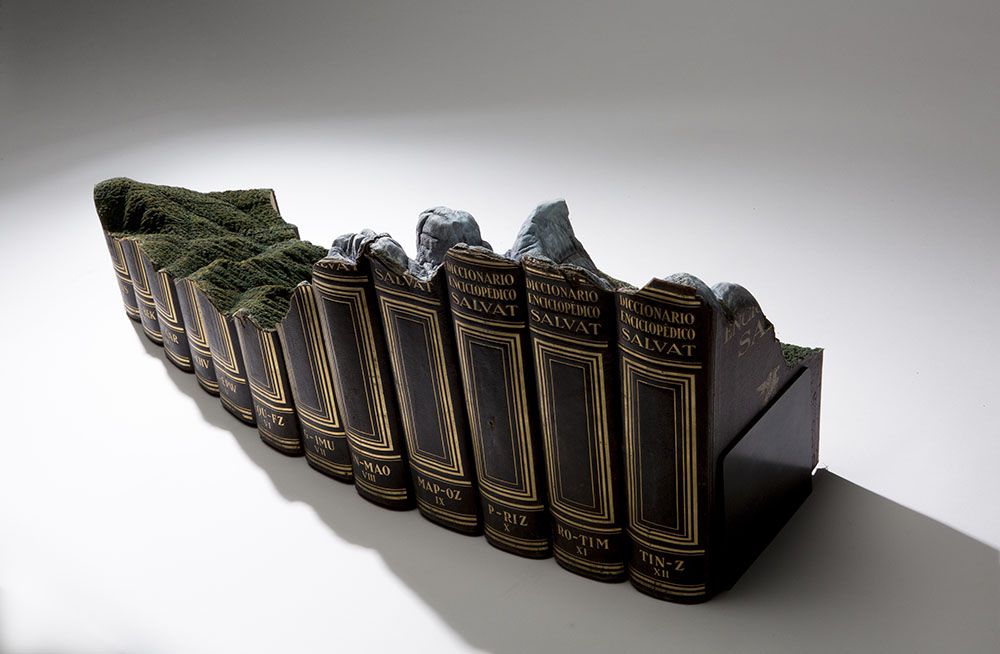
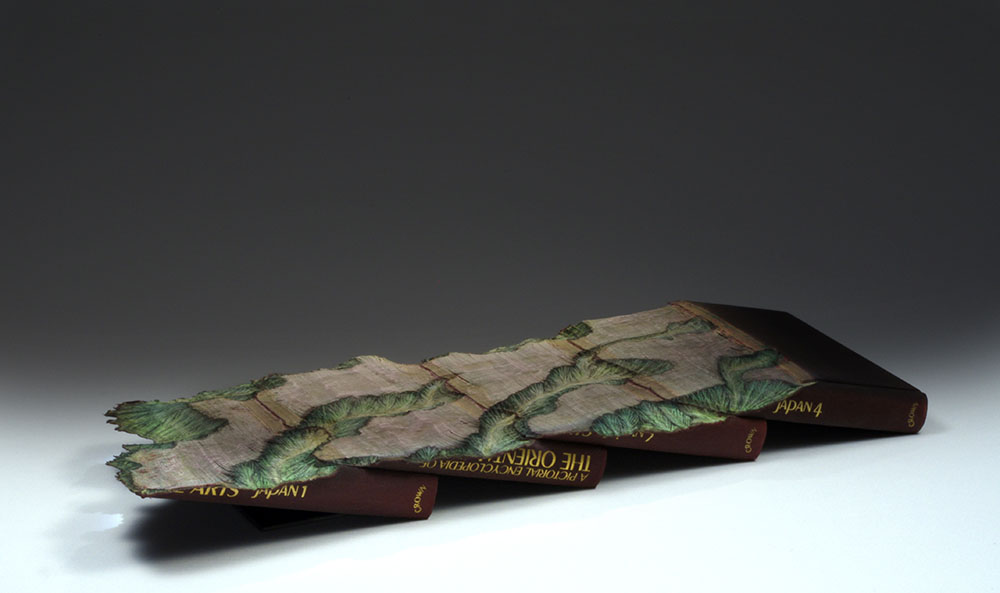
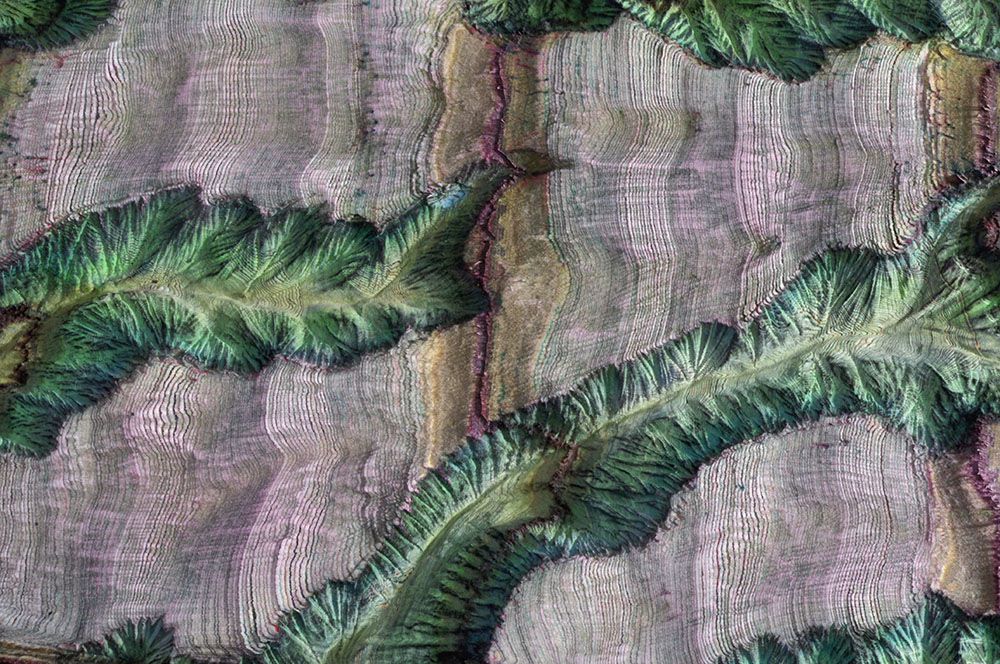
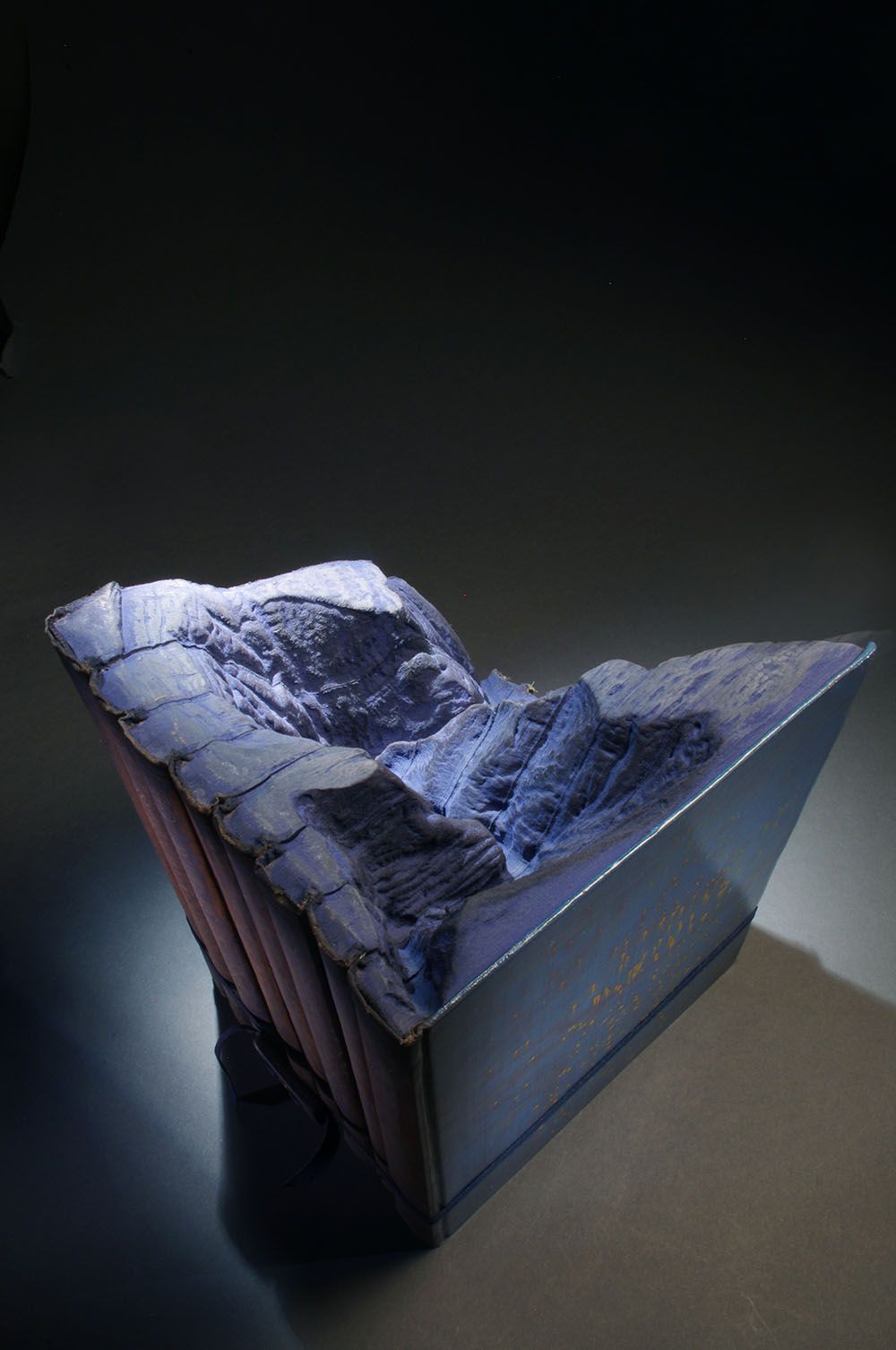
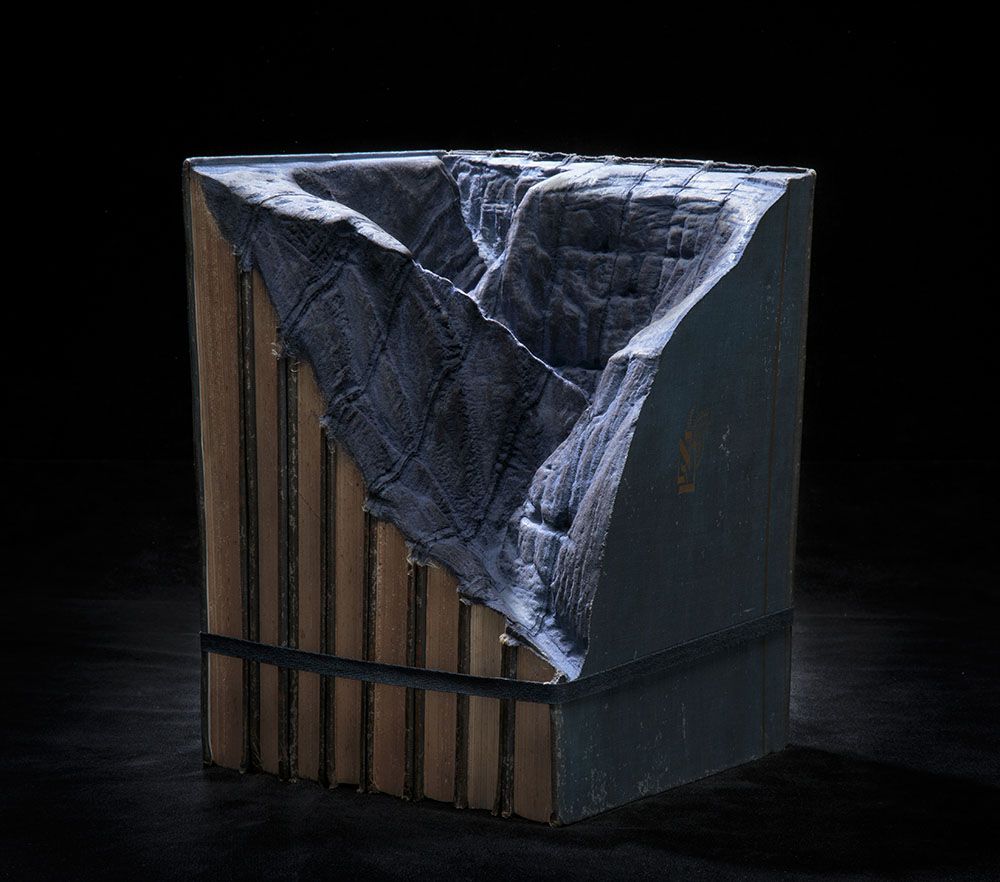
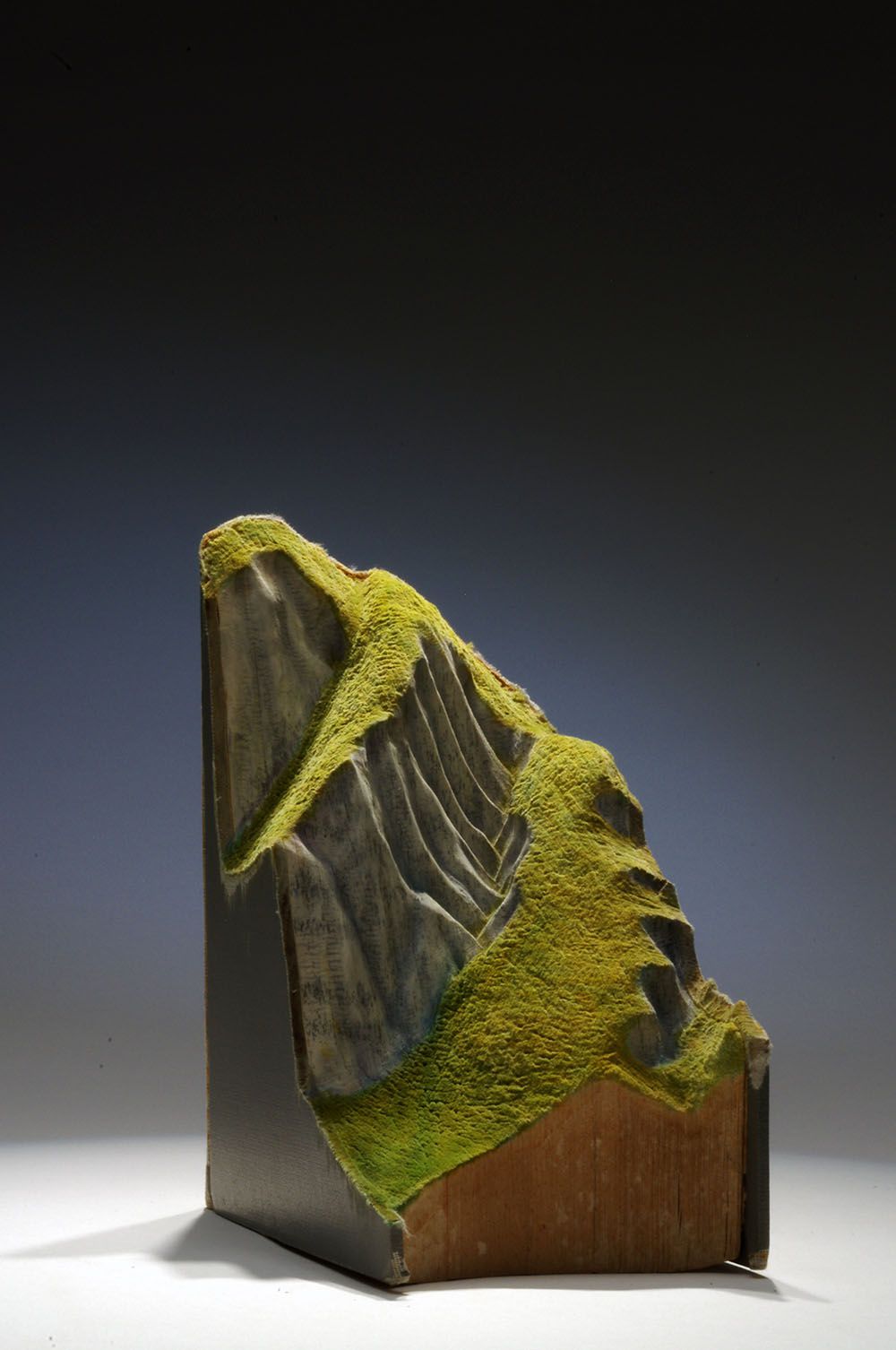
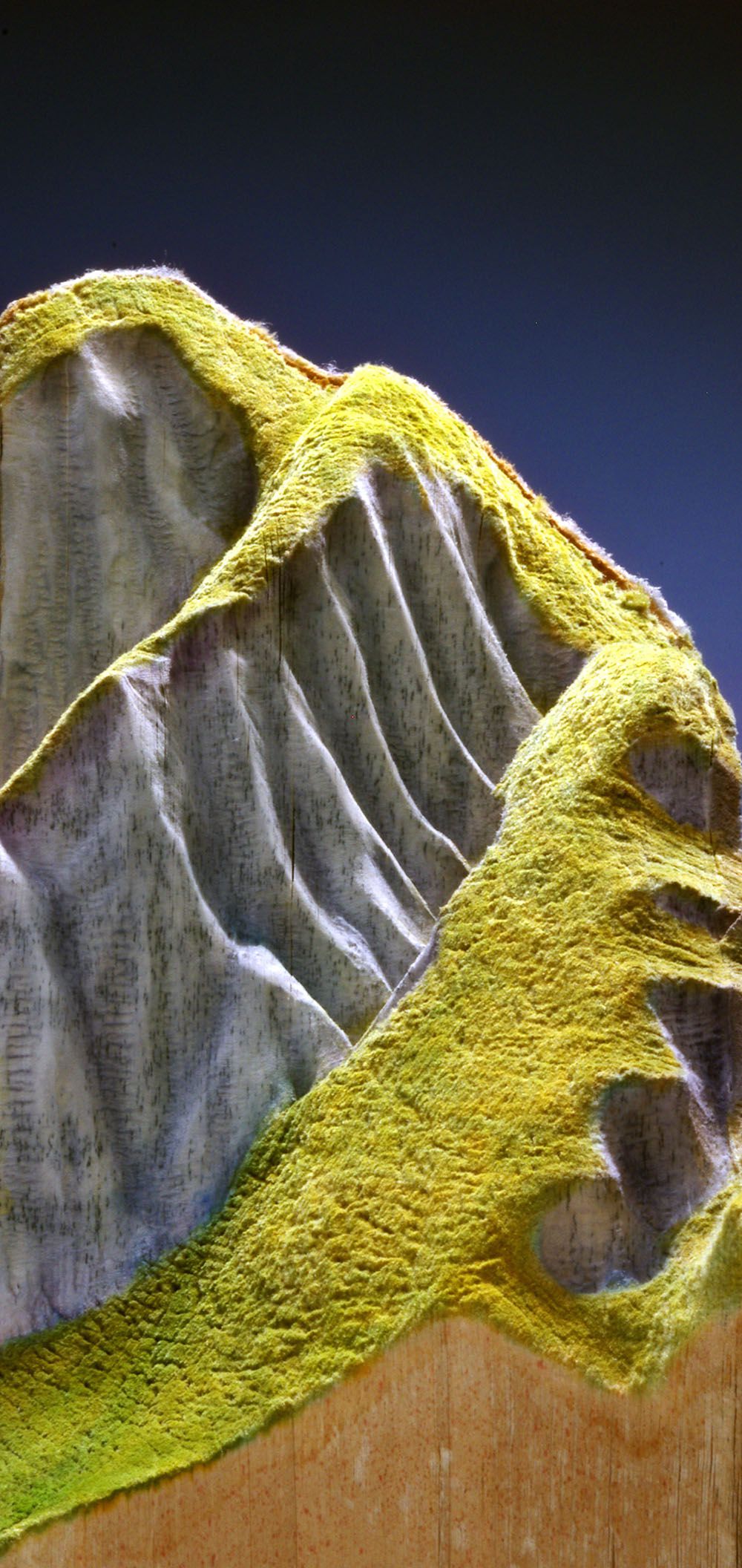
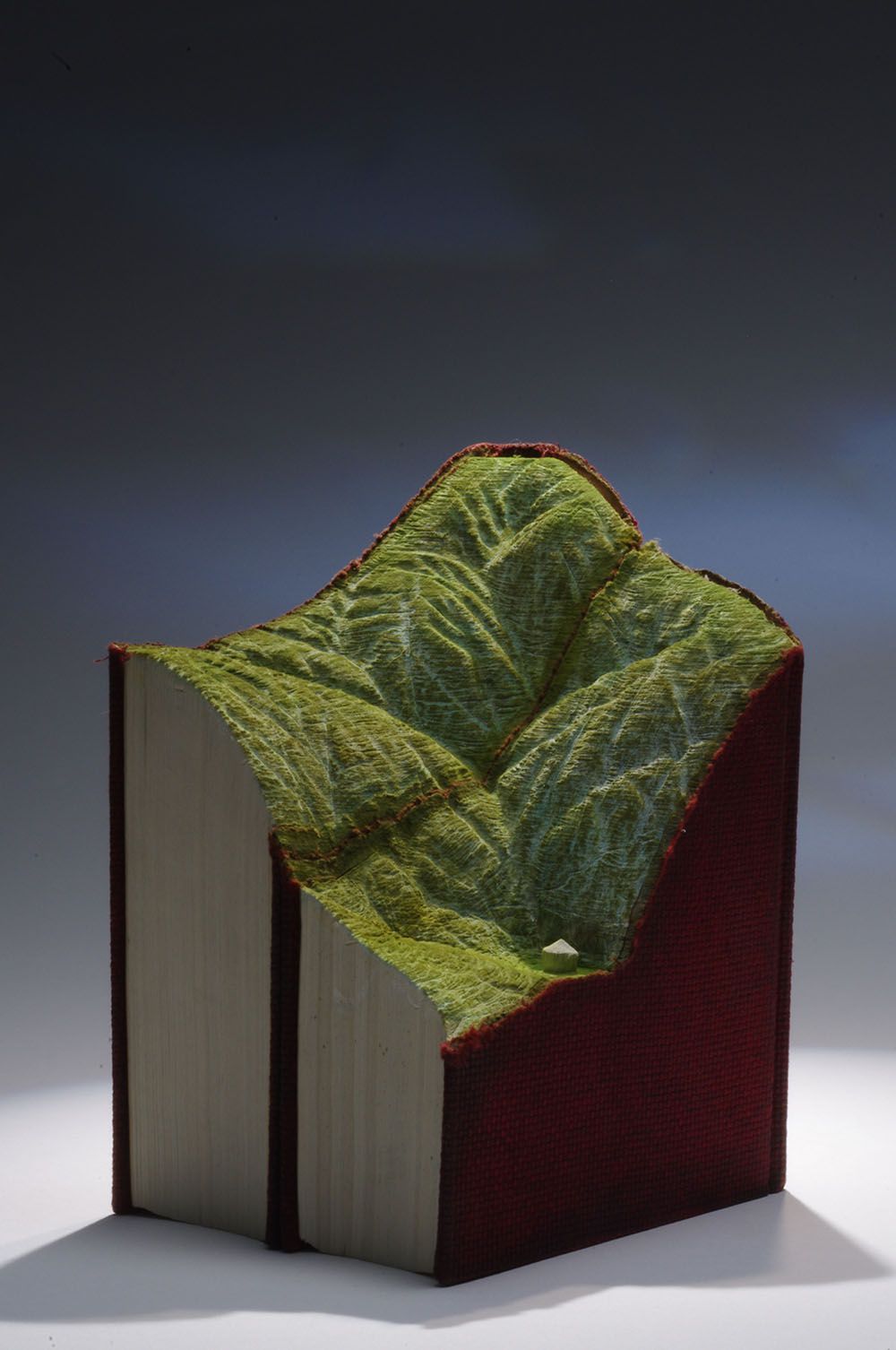
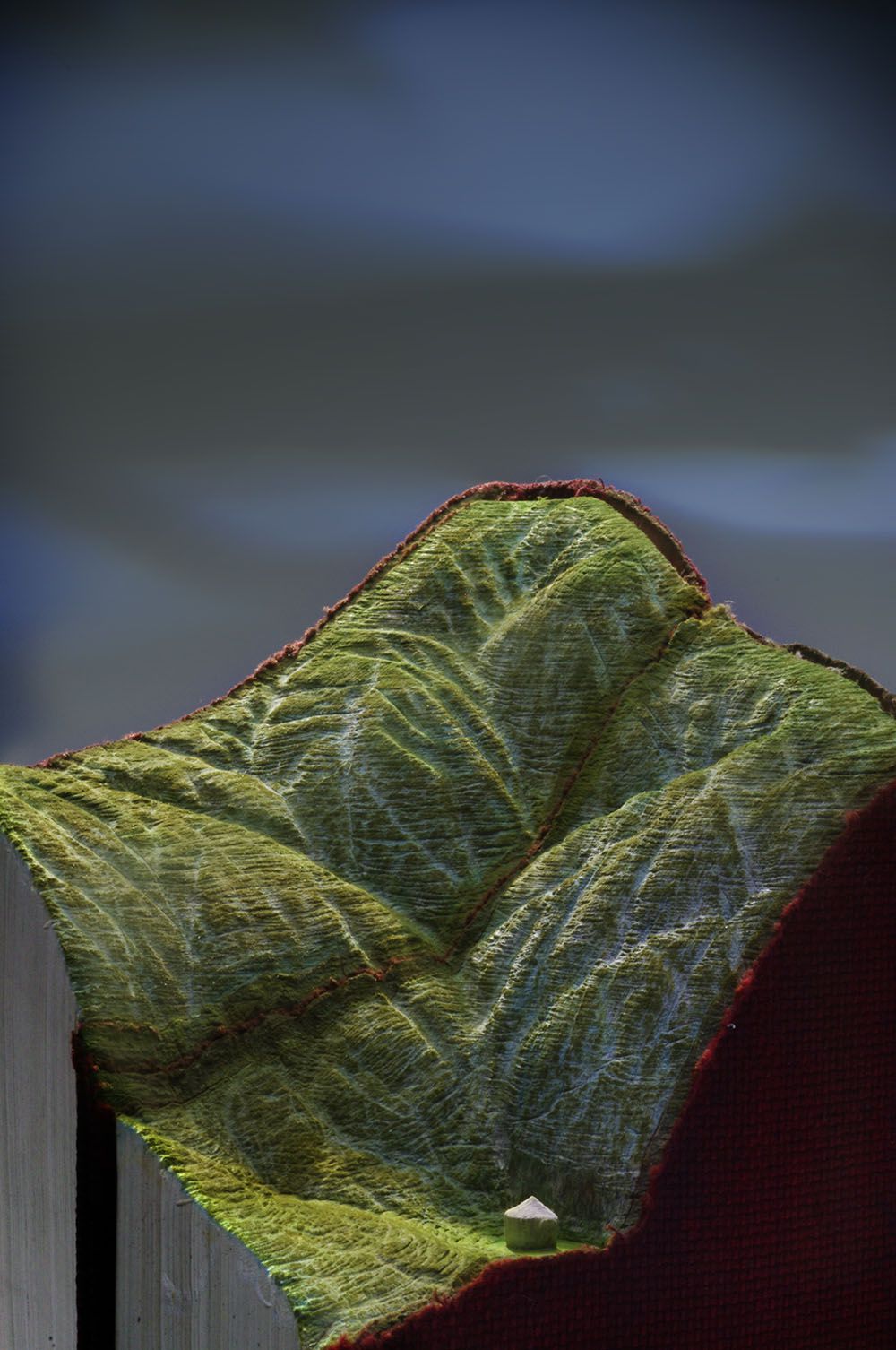

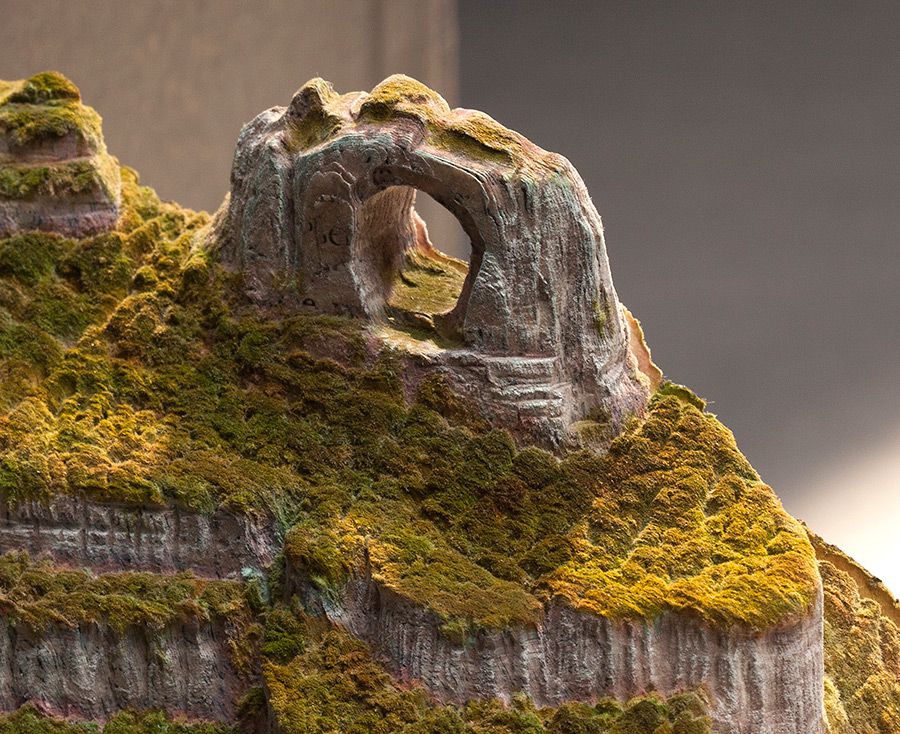
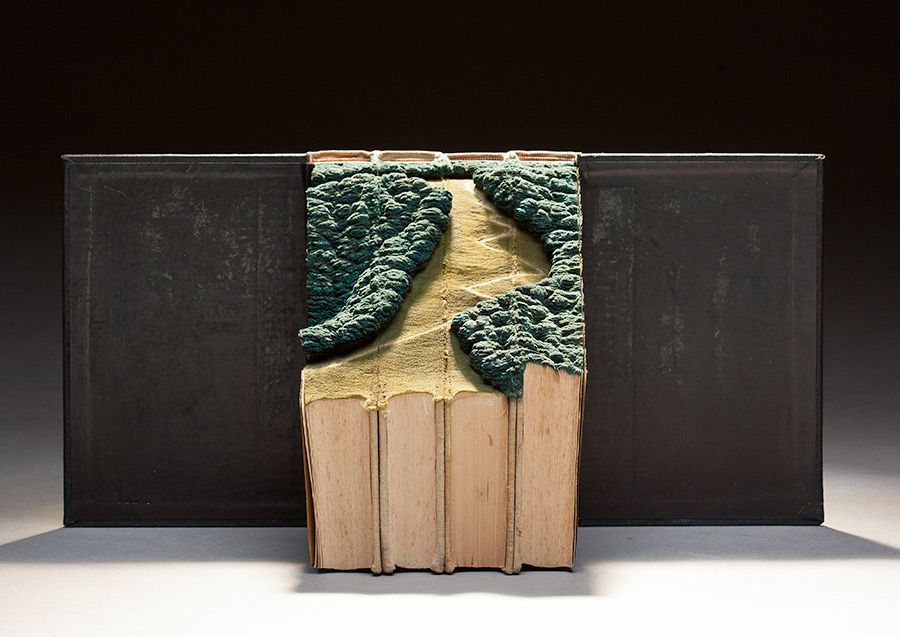
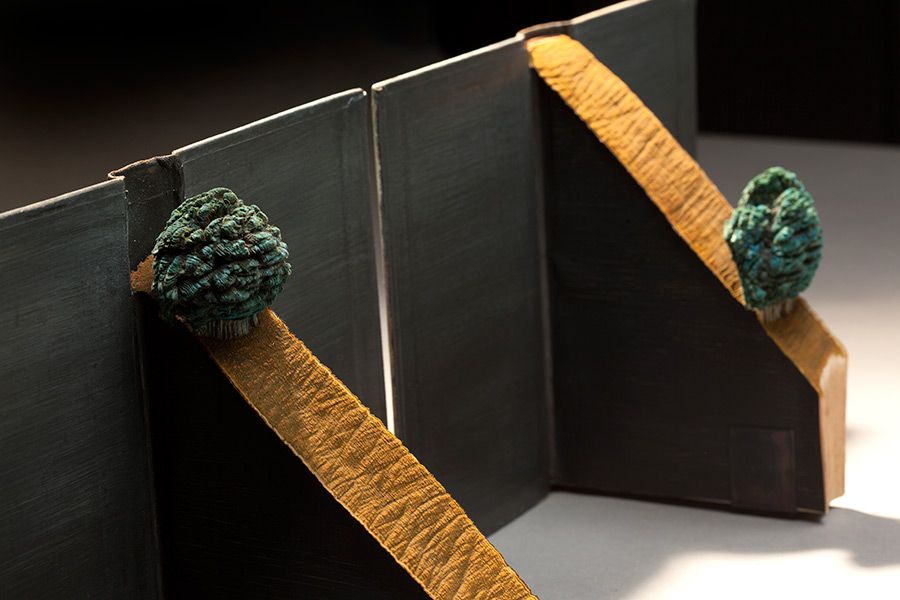
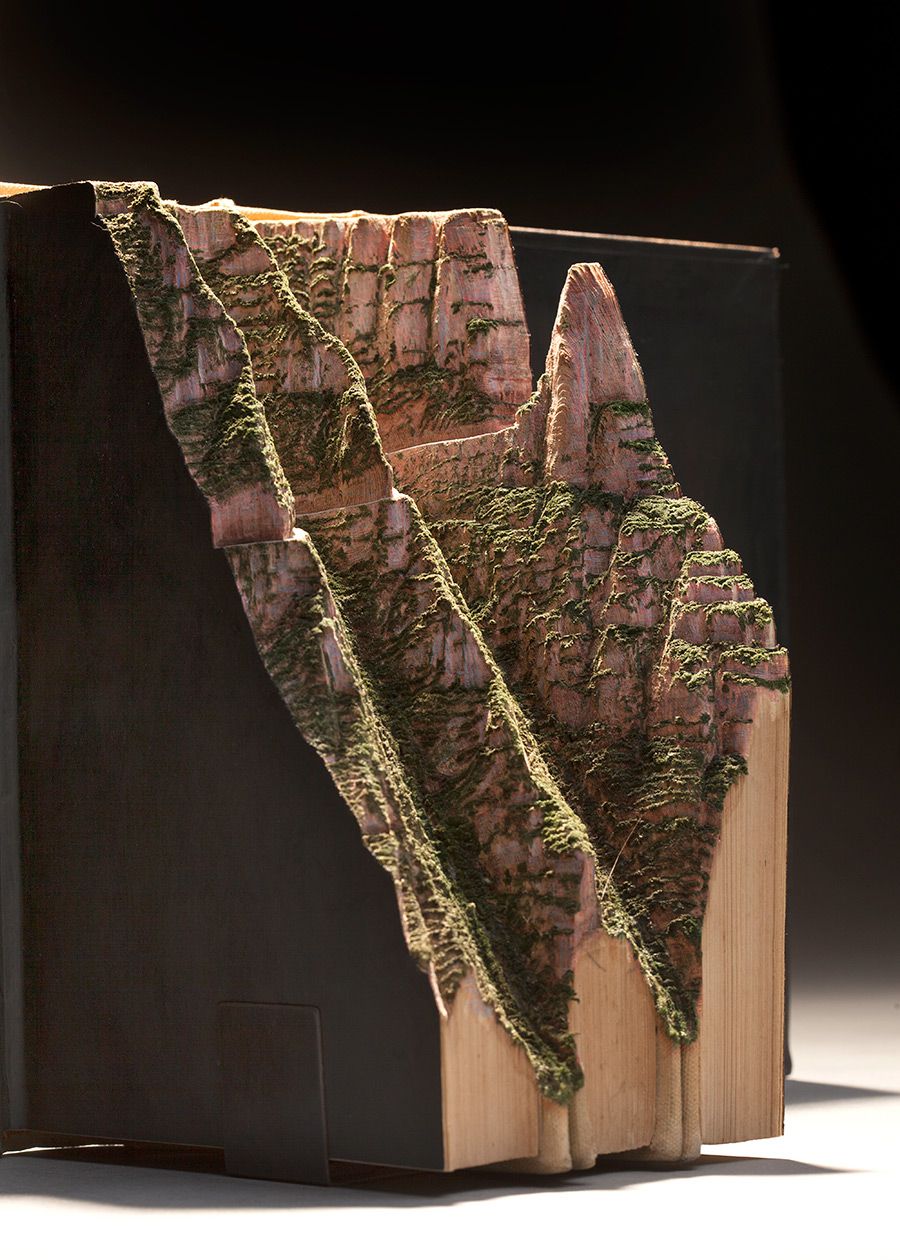
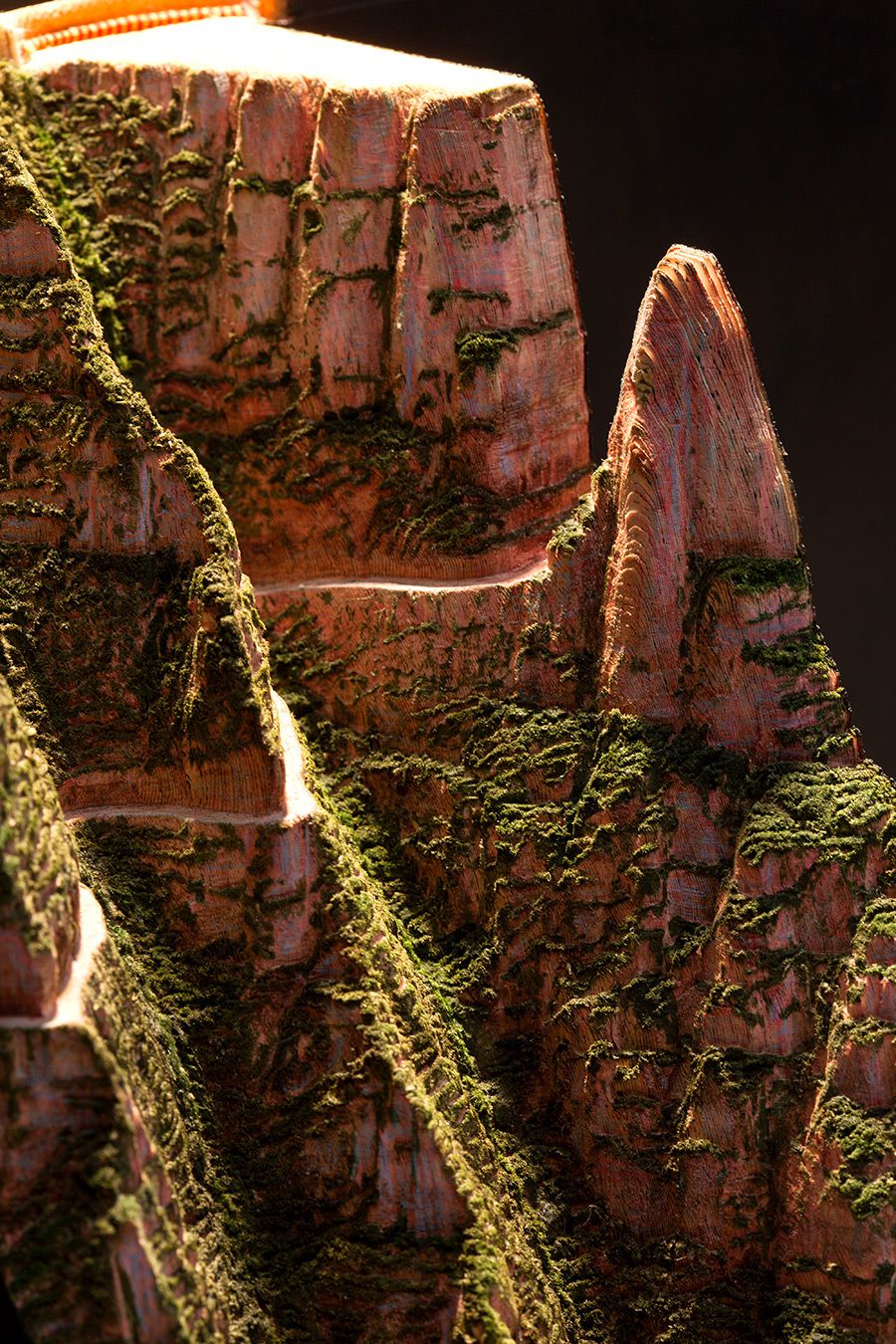
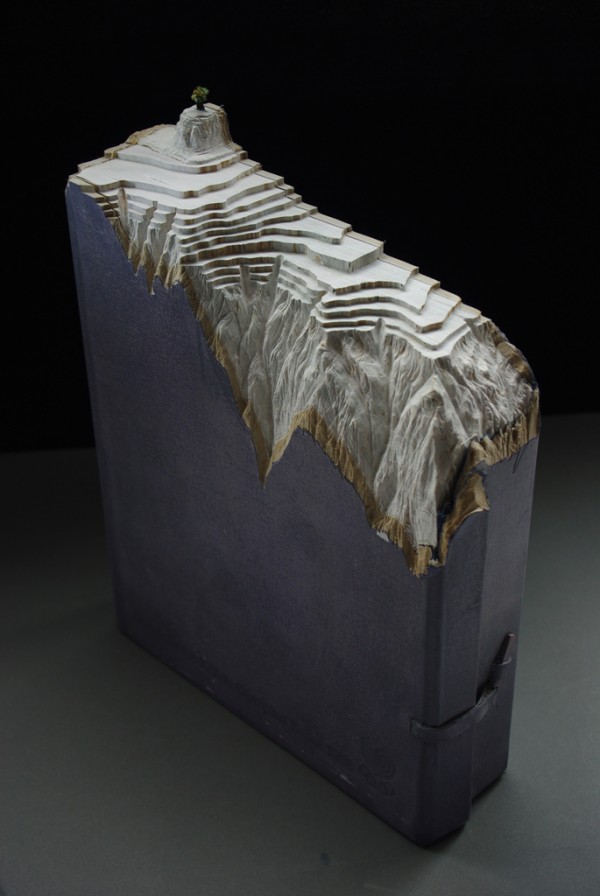
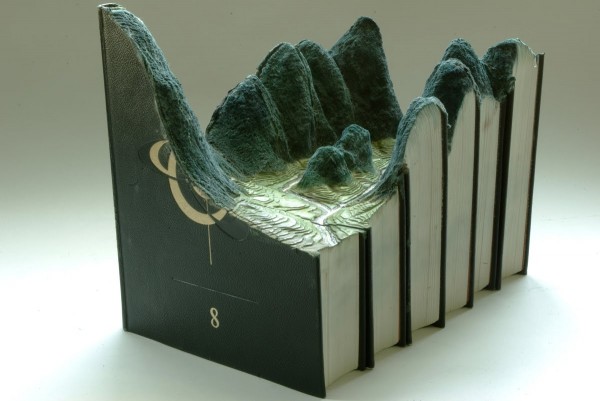
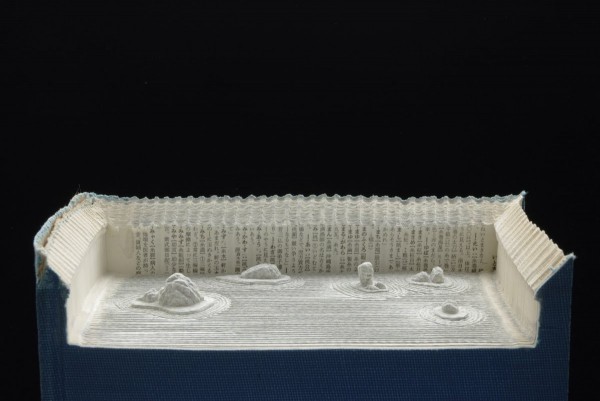
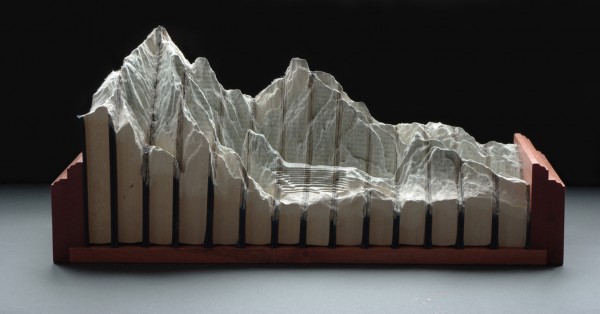
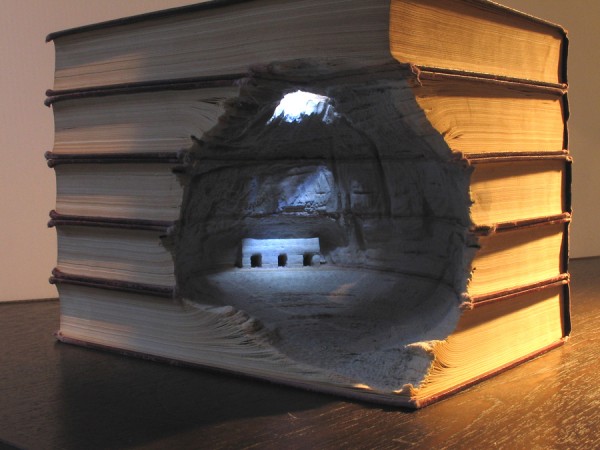
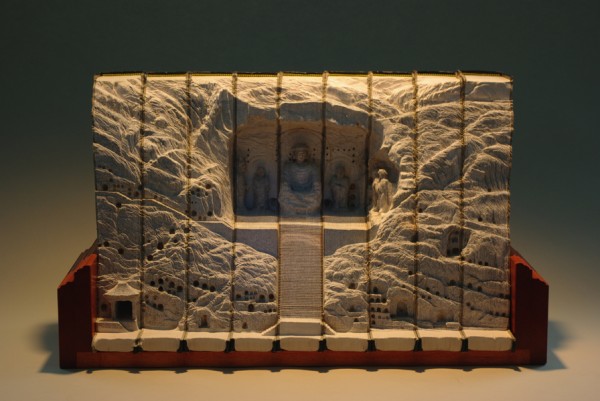
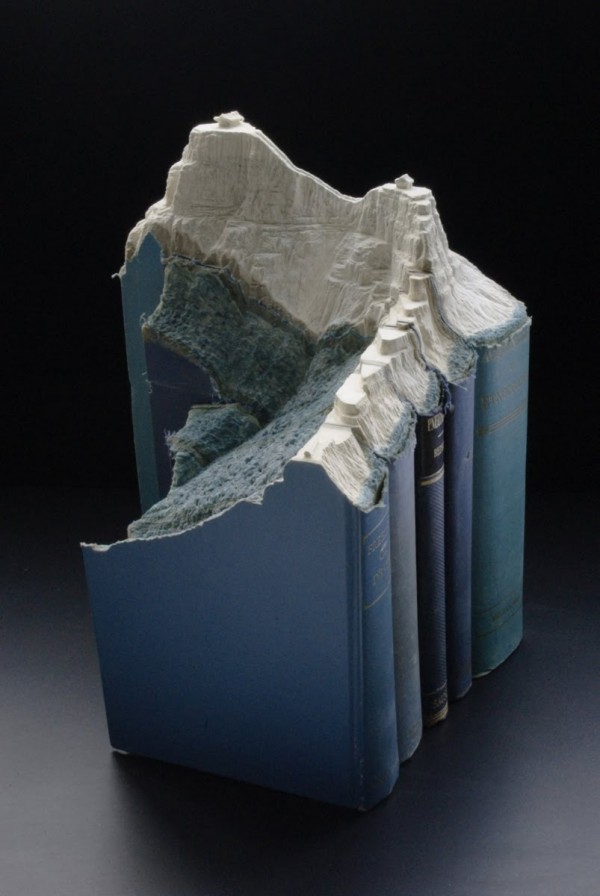
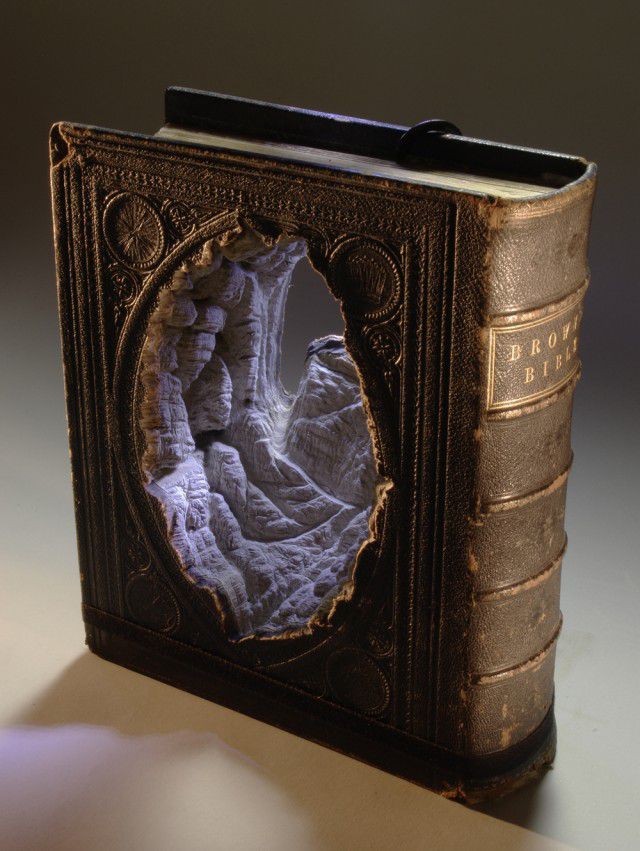
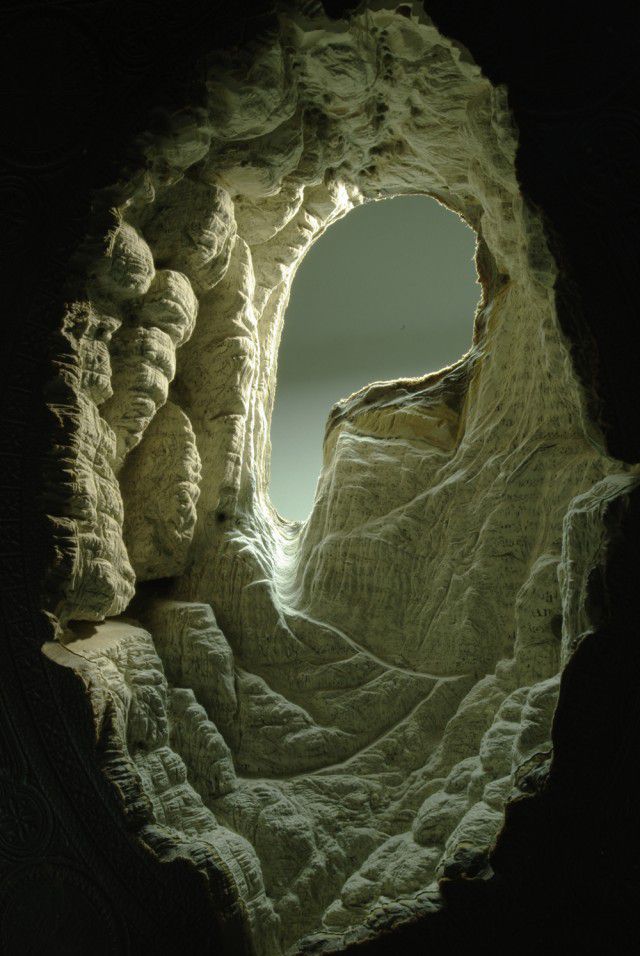
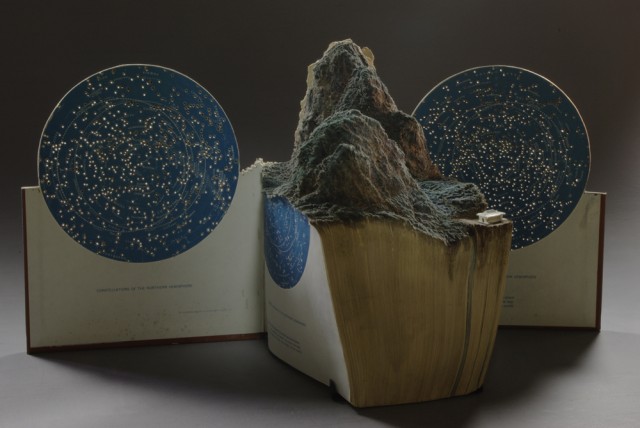
 in Bahia.
in Bahia.